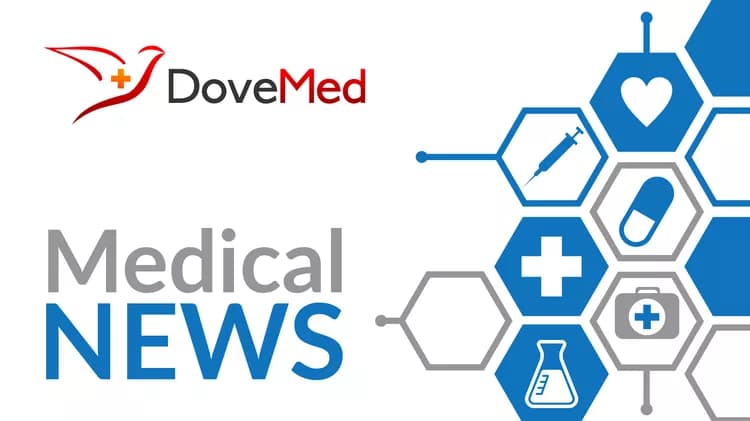
Reducing Severe Breathlessness And Psychological Trauma In COVID-19 ARDS Survivors
A new paper published online in the Annals of the American Thoracic Society examines ventilation and medication strategies that can help avoid psychological trauma for severe COVID-19 survivors treated for acute respiratory distress syndrome (ARDS) with mechanical ventilation.In "Air Hunger and Psychological Trauma in Ventilated COVID-19 Patients: An Urgent Problem," Richard Schwartzstein, MD, and co-authors examine the medical literature and compare evidence-based practices with outdated or misguided practices that are still in use. These outdated practices may lead to psychological trauma for patients who suffer from "air hunger" -- a feeling of severe breathlessness -- due to ventilation strategies that protect the lungs but may cause other problems.
"Numerous studies have demonstrated that lungs injured by infection leading to ARDS and respiratory failure can be further injured if the size of the breath provided by the ventilator is too large or the pressure used to inflate the lung is too great," said Dr. Schwartzstein, chief, pulmonary, critical care and sleep medicine, Beth Israel Deaconess Medical Center and professor of medicine, Harvard Medical School. "So, we manage these patients with low breath sizes to try to protect their lungs from additional damage. This makes the sensation of air hunger much worse, however."
When the drive to breathe is very high, as it might be with exercise or an infection, a person often develops a sensation of air hunger, or a strong urge to breathe as well as an increase in the number of breaths a minute and the size of the breath; under these conditions, restricting the breath size can make the sensation of breathing discomfort worse.
In looking at recent reports of patients with severe COVID-19 infections admitted to ICUs in Seattle, as well the authors' own ICUs at Massachusetts General Hospital and Beth Israel Deaconess Medical Center, 88-91 percent of patients had shortness of breath prior to intubation and mechanical ventilation.
The authors stated, "With the likelihood that hundreds of thousands of short-of-breath patients around the world during this pandemic will require low tidal volume mechanical ventilation, we are concerned about the potential for mass psychological trauma among the survivors, induced by untreated air hunger." Research has shown that among ICU survivors, the experience of air hunger is often associated with post-traumatic stress disorder (PTSD).
Dr. Schwartzstein and colleagues believe that the problem is solvable, however. "Physicians who are treating ARDS due to COVID-19, some of whom may not be accustomed to treating patients with respiratory failure, must first be aware of the problem and then consider means by which air hunger can be ameliorated."
Dr. Schwartzstein points to a mistaken belief that paralysis reduces breathlessness. As a result, patients are often treated with neuromuscular blocking drugs, which serve as muscle relaxants, to minimize lung injury. "This does not diminish air hunger," he said. Paralysis may make the situation worse and prevents the patient from communicating or demonstrating their discomfort. While patients are often sedated as well, most sedatives that have been studied do not relieve shortness of breath.
The researchers refer to studies of the use of opiates for these patients: "Opiates are the most reliable agent for symptomatic relief of air hunger -- they seem to act both through depression of ventilatory drive and ascending perceptual pathways, as they do with pain."
"There has been a tendency to equate 'sedation' with an 'anti-dyspnea' effect and the push has been to use sedation primarily because patients are often anxious and agitated when being treated with mechanical ventilation," said Dr. Schwartzstein. "We now know that many sedatives do not relieve dyspnea and we urge doctors to use opiates for dyspnea and sedatives, when needed, for anxiety and agitation."
Related Articles
Test Your Knowledge
Asked by users
Related Centers
Related Specialties
Related Physicians
Related Procedures
Related Resources
Join DoveHubs
and connect with fellow professionals

0 Comments
Please log in to post a comment.